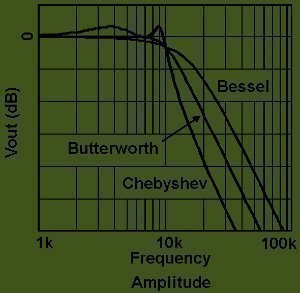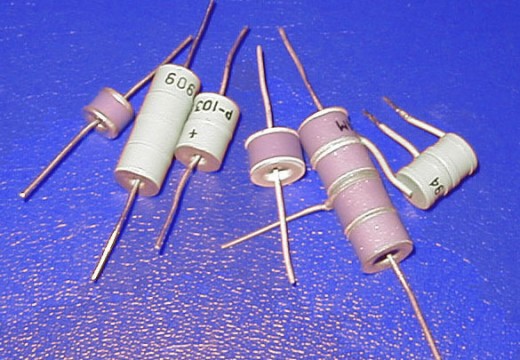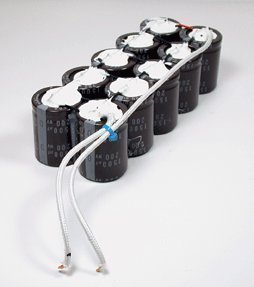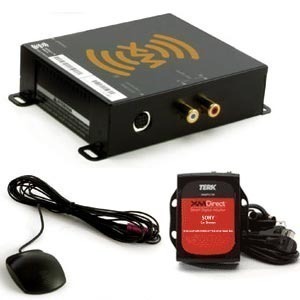A Butterworth filter is a signal processing filter that has an extremely flat frequency response in the passband. It is referred to as a maximally flat magnitude filter and is commonly used in both analog and digital audio crossover filters in home, commercial, and car stereo systems.
Who Invented the Butterworth Filter?
British engineer, Stephen Butterworth developed a reputation for being able to solve extremely difficult if not impossible mathematical problems. When Butterworth was conducting his research, most filter designs were a result of trial and error due to the mathematical complexities associated with the field. Once he developed the Butterworth filter design, it took more than 30 years for it to become widely used. His filter design is used in all types of audio crossovers in industry today.
What is the Purpose of an Audio Crossover?
Most audio systems use audio crossovers as electronic filters. The speaker drivers used in these systems cannot properly cover the full audio spectrum with appropriate volume and distortion control, so a range of drivers and speakers is used to do so. As a result, the incoming audio signal has to be filtered into the different frequencies that the system is designed for to optimally play music. Today’s audio crossover filters can accomplish mutli-band processing and amplification by splitting a single signal into one or more adjusted audio bands. Dolby reduction technology is one example of Audio Crossover and Butterworth filters in use.
How Do Audio Crossover Filters Work?
Audio signals coming into a stereo system are commonly required to be split into separate bands that are kept separate from each other. The audio crossover filter usually accomplishes this task with two and three way filters. Butterworth filters are typically used as first and third order filters in these crossover filters. They are also found in 4-way crossover filters. However, these are not as commonly used in industry due to the minimal gain realized at a very high cost.




Follow Us!